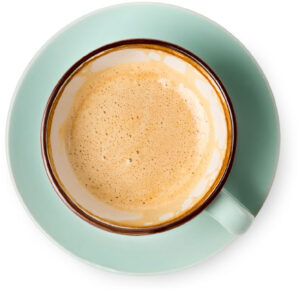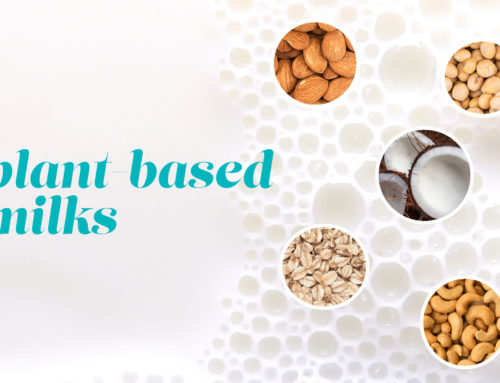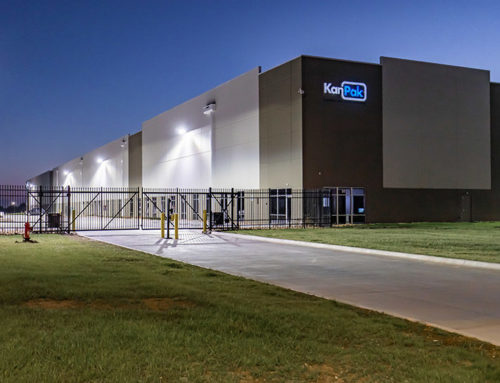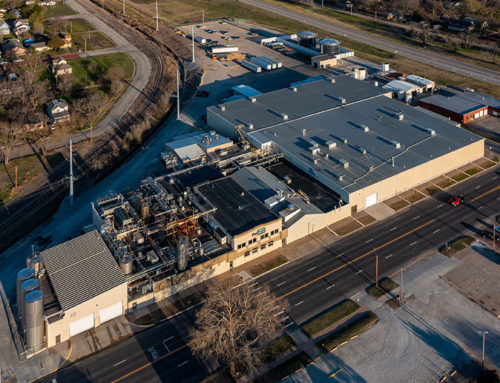Functional foods and beverages have been in high demand for some time, and that trend shows no signs of slowing. This begs the question: what makes a food or beverage functional?

In essence, any food or beverage can be considered “functional” if it delivers benefits to our well-being. Water in and of itself is the most functional of the ‘functional beverages’: it hydrates, and we can’t survive without it.
But when we take a step beyond this essential offering, we find many ways in which foods can be fortified to deliver a variety of functional benefits. Here are some of the most popular additives being used in the beverage arena to help elevate our performance – both physically and mentally:
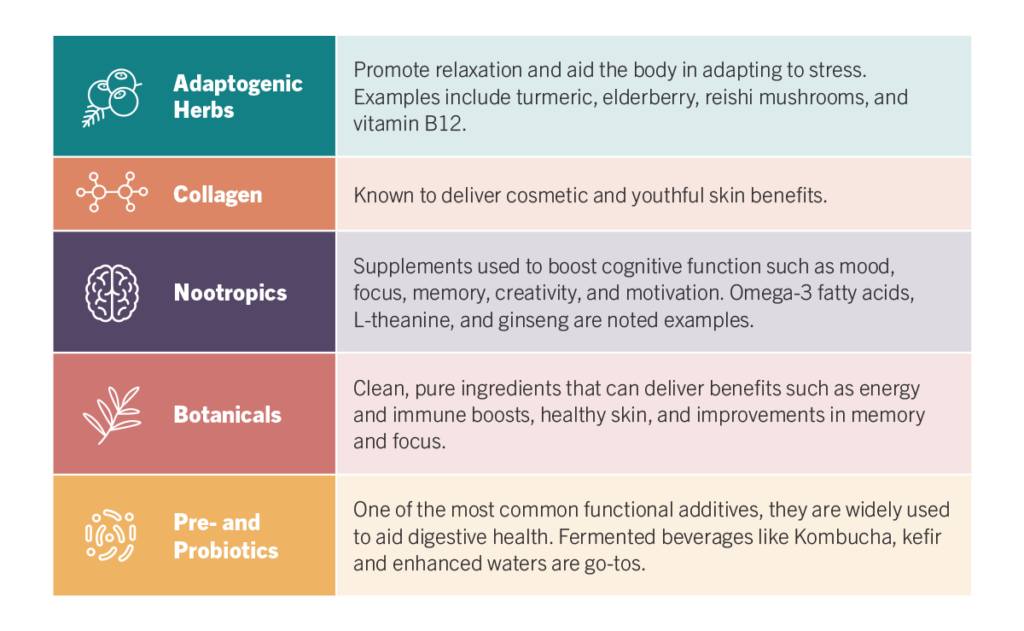

These functional benefits are sought out by consumers of all ages, and this benefit-seeking group is no longer a niche market.
- 40% of global consumers say they would find coffee products positioned with vitamins and minerals appealing.1
- One-third of coffee drinkers would rather drink functional coffee than take vitamin supplements.2
- 24% of consumers say they drink or eat products that contain probiotics.3
1. FMCG Gurus 2 & 3. Mintel



